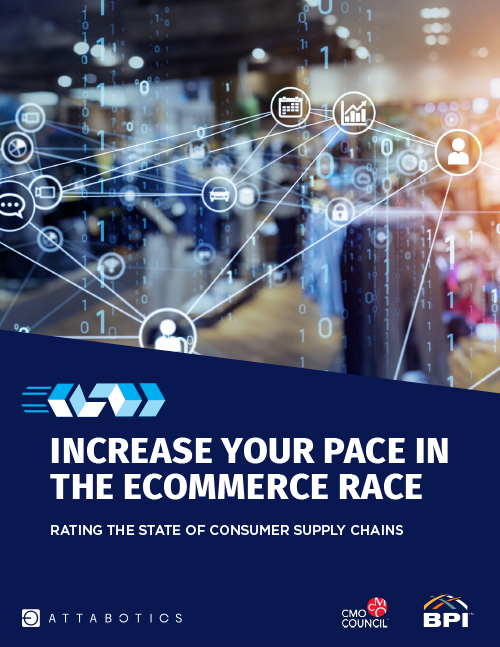The writing is on the wall for retailers, commerce companies and organizations of all stripes. They must rethink and transform their business models to meet changing consumer and business needs or lose value and relevance. The shift to eCommerce and advent of on-demand home delivery has been underway for some time. However, this has dramatically accelerated during the Covid-19 pandemic and lockdown. Ecommerce sales in the U.S. grew an astounding 40 percent in 2020. Experts know the trend will continue post-pandemic. The pace may modulate, but the direction is inescapable, as consumers have made a dramatic shift in attitudes and behaviors.
Retailers and other commerce companies increasingly feel intense competitive pressure from ecommerce behemoth Amazon—and its lower-cost delivery and purchasing capabilities, low-cost of capital, and world-class expertise, systems and infrastructure for on-demand fulfillment. Traditional retailers also face a rapidly growing range of new competitors and business models that are solely focused on, and native to, online ordering and on-demand fulfillment.
Looking ahead, consumers globally can be expected to continue to shift allegiance to retail and eCommerce banners that best meet their preferences for convenience, value, choice, and quality, as well as social and environmental consciousness. The Covid-19 embrace of eCommerce has inundated consumers, recycling centers and landfills with an avalanche of cardboard boxes, plastic, and other waste. Reducing this refuse will become a consumer-mandated requirement in the new world of digital commerce.
To make the changes necessary, businesses will need to redesign their supply chains to cut cost, improve time-to-delivery and reduce waste. Greater visibility into inventories and suppliers and improved fulfillment centers that can store more goods in smaller warehousing spaces that are closer to the buyers they serve will become requirements. New highly automated, shared fulfillment centers should be considered as a means of delivering on this new model.
Program Approach
This program will drive an industry-wide discussion around the economic, business and supply chain process and technology challenges facing retailers and digital commerce companies as they seek to shift to more consumer friendly, cost-efficient delivery models. It will advocate for new approaches and solutions to improve productivity, efficiency, speed and collaboration.
The program will include a survey of digital commerce executives overseeing supply chains, fulfillment, strategy and, as well as qualitative interviews with executives from leading retailers and their partners. Findings will be developed into a new industry report, along with additional thought leadership content such as infographics, press materials and presentations.








